raspberries and blueberries
caroljeanb
13 years ago
Related Stories

BATHROOM DESIGN8 Bold Paint Colors for Your Powder Room
Turn your powder room into a exclamation point with a bold shot of red, raspberry, hyacinth, rich brown or stormy blue
Full Story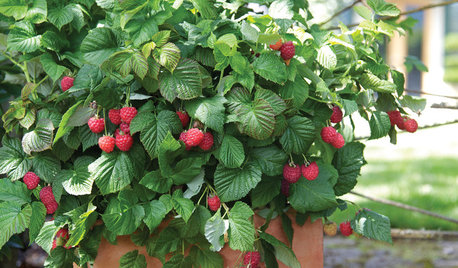
CONTAINER GARDENSPatio-Perfect Berry Bushes Like You’ve Never Seen
Small enough for pots but offering abundant fruit, these remarkable bred berries are a boon for gardeners short on space
Full Story
COLORDip Into Sherbet for Summer Color Ideas
Look to icy treats in a rainbow of colors for room palettes that please many tastes
Full Story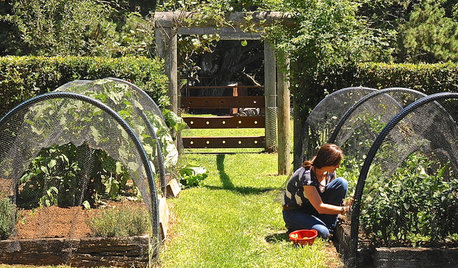
FARM YOUR YARDHouzz Call: Home Farmers, Show Us Your Edible Gardens
We want to see where your tomatoes, summer squashes and beautiful berries are growing this summer
Full Story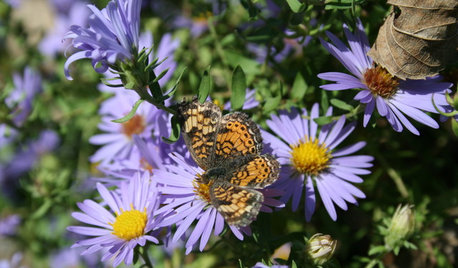

PRODUCT PICKSGuest Picks: 20 Outdoor Planters to Green Up Your Patio
Bring the garden to you with stylish pots, urns and other planters of all shapes and sizes
Full Story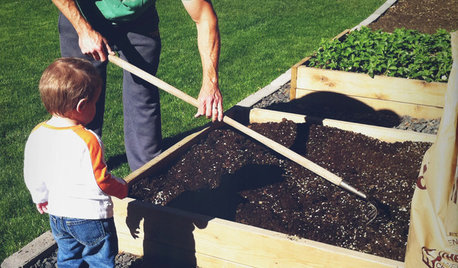
EDIBLE GARDENSHow to Cultivate a Young Gardener
Want your kids to eat their vegetables? Let them have an edible garden of their own. Here are some tips on gardening with children
Full Story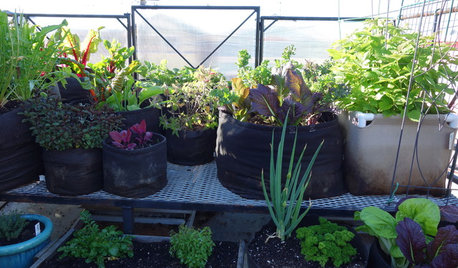
FARM YOUR YARDAn Urban Greenhouse Overflows With Edibles
Making meals just means stepping into the yard for a San Francisco couple who revamped an old orchid house
Full Story
COLORDreaming in Color: 8 Enchanting Purple Bedrooms
Lie down with lavender or wake up to vivid violet for a bedroom that both calms and energizes
Full Story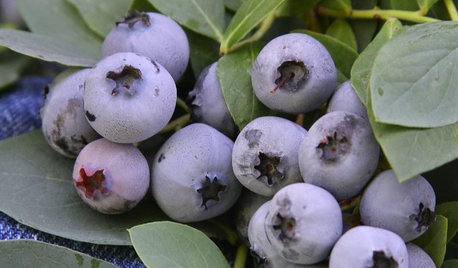
GARDENING GUIDES15 Favorites for Your Summer Edible Garden
Get your summer garden off to a good start with these popular fruits and vegetables
Full StorySponsored






bekajoi
Belgianpup
Related Professionals
Towson Landscape Architects & Landscape Designers · Annandale Landscape Contractors · Lorain Landscape Contractors · Lyndhurst Landscape Contractors · Norristown Landscape Contractors · Reedley Landscape Contractors · Sammamish Landscape Contractors · Sugar Hill Landscape Contractors · Crowley Landscape Contractors · Inwood Siding & Exteriors · Lenexa Siding & Exteriors · Longmont Siding & Exteriors · Dana Point Solar Energy Systems · Lomita Solar Energy Systems · Palo Alto Solar Energy Systemsalexander3_gw
Belgianpup
cookingofjoy
jolj
arugula